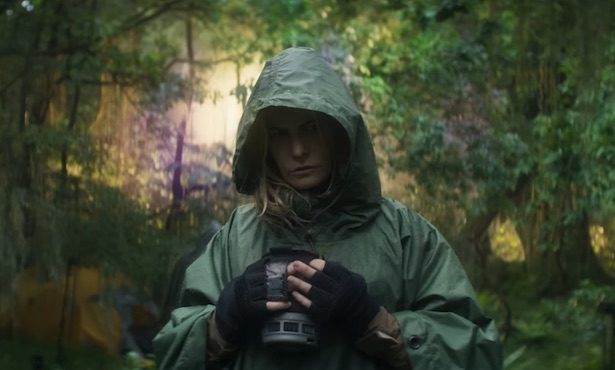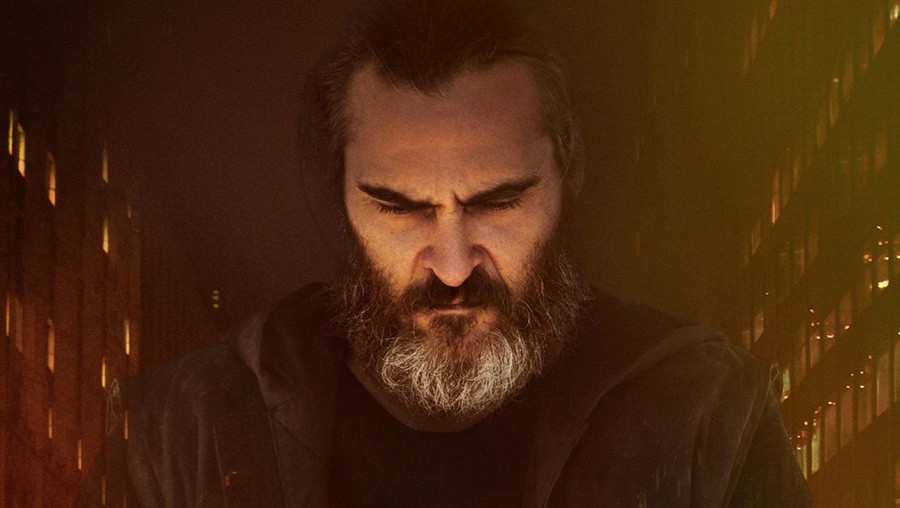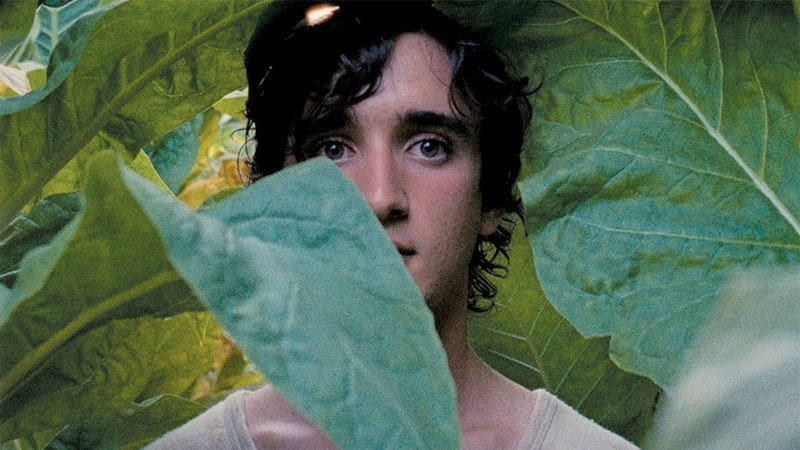
With the Golden Globes behind us, the race for the Oscars is reaching a fever pitch. Will Roma make history as the first Foreign Language and Netflix Original film to win Best Picture, or will Bradley Cooper’s fourth incarnation of A Star Is Born win over the Hollywood voters? Perhaps road movie Green Book is still in with a chance, or Bohemian Rhapsody – fresh off its Best Drama Golden Globe – is the one to beat. No matter what happens, one thing is for sure: not everyone is going to be happy.
Getting nominated for an Oscar is a complicated process. It’s not so much about making a great film than knowing how to market it, when to release it, creating the right narrative and making sure it gets into the eyeballs of voters. Certain types of creators also get rewarded over others: is somebody overdue an Oscar – for example, Glenn Close in The Wife – or are they well-liked ahead of making their directorial debut (see: Bradley Cooper).
It’s all about selling an exterior narrative often separate from the quality of the movie itself. Additionally, although change has improved on the race front (this year Regina King and Mahershala Ali look certain to get noms) female craftsman – from writers to directors, editors to cinematographers – look to be nearly completely overlooked this year once again.
In the list below, we have highlighted ten films we believe should be nominated for an Oscar this year but probably won’t. Ranging from revenge thrillers to intimate family dramas, these films deserve a second look in their respective categories. Do you believe that we have left something important off the list? Please sound off in the comments below!
1. You Were Never Really Here (Best Editing)

Lynne Ramsay offered a fresh and unorthodox take on the violent revenge thriller with You Were Never Really Here. Starring Joaquin Phoenix as an ex-vet hitman with a conscious, it upended the usual clichés of the genre for something far more meditative. Marking only Ramsay’s fourth film in twenty years, it shows the director in complete mastery of her craft; more concerned with the person behind the hammer than the destruction he unleashes.
Spanning under just 90 minutes, You Were Never Really Here is a truly lean machine, with absolutely no fat on its bones. This is credit to editor Joe Bini, who only focuses on the essentials of every scene. The intuitive and immersive editing gets us inside the headspace of the protagonist as he suffers from intense PTSD, anxiety and depression.
The result is utterly devastating, yet You Were Never Really Here has been almost completely absent from the awards conversation – only picking up and being nominated for major awards in Ramsay’s home country of the UK.
2. The Rider (Best Directing)

Chloé Zhao performs miracles in The Rider, which makes full use of its amateur cast to create a deeply empathetic experience. A unique docu-fiction hybrid, it essentially casts former rodeo star Brady Jandreau and his surrounding friends and family as themselves. He has suffered an awful knock to the head, leading to his career potentially being derailed – something that actually happened in real life. Ever so intelligently made, Zhao coaxes brilliant naturalist performances out of those non-actors, creating a sense of authenticity that could not be replicated with an A-list cast.
This is complemented by stunning widescreen photography of the endless South Dakota plains, lending Brady’s life a mythic sense of grandeur. Zhao is content to take her time here, unbroken takes of Brady breaking horses really allowing the viewer to really get a sense of the conflict in his life. An experiment that has paid off in spades, Zhao deserves to be recognised for her brave filmmaking here.
3. Happy as Lazzaro (Best Foreign Language Film)

Alice Rohrwacher’s follow up to The Wonders is a masterpiece. A modern fairytale that doubles up as a sly comment on the nation, Happy as Lazzaro feels like it has been around forever. Telling the story of a simple fool who falls off a cliff only to wake up several years in the future, it displays Rohrwacher’s complete command of tone, moving between De Sica-like neorealism and Kusturica-like mania with ease. Adriano Tardiolo is perfectly cast as the protagonist, acting as the perfect mirror for Rohrwacher’s precise vision.
In a normal world, Happy as Lazzaro would be one of the frontrunners for Best Foreign Language Film, but it wasn’t even picked by Italy as their official submission, who choose Matteo Garrone’s Dogman instead.
While Dogman, a brilliant little character study in itself, has a great chance to get nominated, Happy as Lazzaro, which was picked up by Netflix, now plays second fiddle. This is a shame considering its a better directed movie, Rohrwacher unafraid to let her beautiful 16mm images to speak for themselves.
4. Shirkers (Best Documentary)

Shirkers is a revelation, detailing how a young upstart in Singapore pulled all the strings to try and make a film in her home country with her friends, before the negatives were cruelly stolen by an older man. Revisiting the story of her lost film nearly thirty years later, director Sandi Tan takes ownership of her own life and spins magic from lost hope.
It is a story of wasted opportunity that reinvented itself as a brilliant documentary – still sporting a remarkable 100% on Rotten Tomatoes – examining the resentment and despair that these filmmakers feel, while remaining nostalgic for a country that has changed irreparably.
The subject matter alone isn’t what makes it great though, as Tam shows her great ability to mix archive footage, notebook scribblings and talking heads to create a fresh angle on the documentary form. Considering the subject matter it will be doubly ironic and sad if Shirkers isn’t nominated for Best Documentary. Considering that it was overlooked by the BAFTAs, a nomination is now looking increasingly unlikely.
5. Madeline’s Madeline (Best Actress in Leading Role, Helena Howard)

Madeline’s Madeline had the breakout performance of the year in the form of Helena Howard, who was handpicked by the director after seeing her in a theatre in New Jersey. Telling the story of a mentally ill girl who takes her acting classes too seriously, leading to a psychologically rich blurring of art and life, Howard shines throughout, injecting the film with manic live-wire energy. Developed with director Josephine Decker herself through improvisation, this is Howard’s first ever performance in a movie.
She deserves extra credit for grounding the insanity of the editing (which often cuts to emotion and foregoes traditional narrative build-up) in a certain sense of reality. We believe what is happening because Howard believes it, making Madeline’s Madeline an undeniably powerful experience.
This is what acting awards are for – to commend performers for making or breaking a film’s success; by that credit, Helena Howard more than deserves a nomination. Nonetheless, since its Sundance premiere last January, Madeline’s Madeline has been unable to build up the necessary hype, probably meaning that Howard will miss out on a nomination.